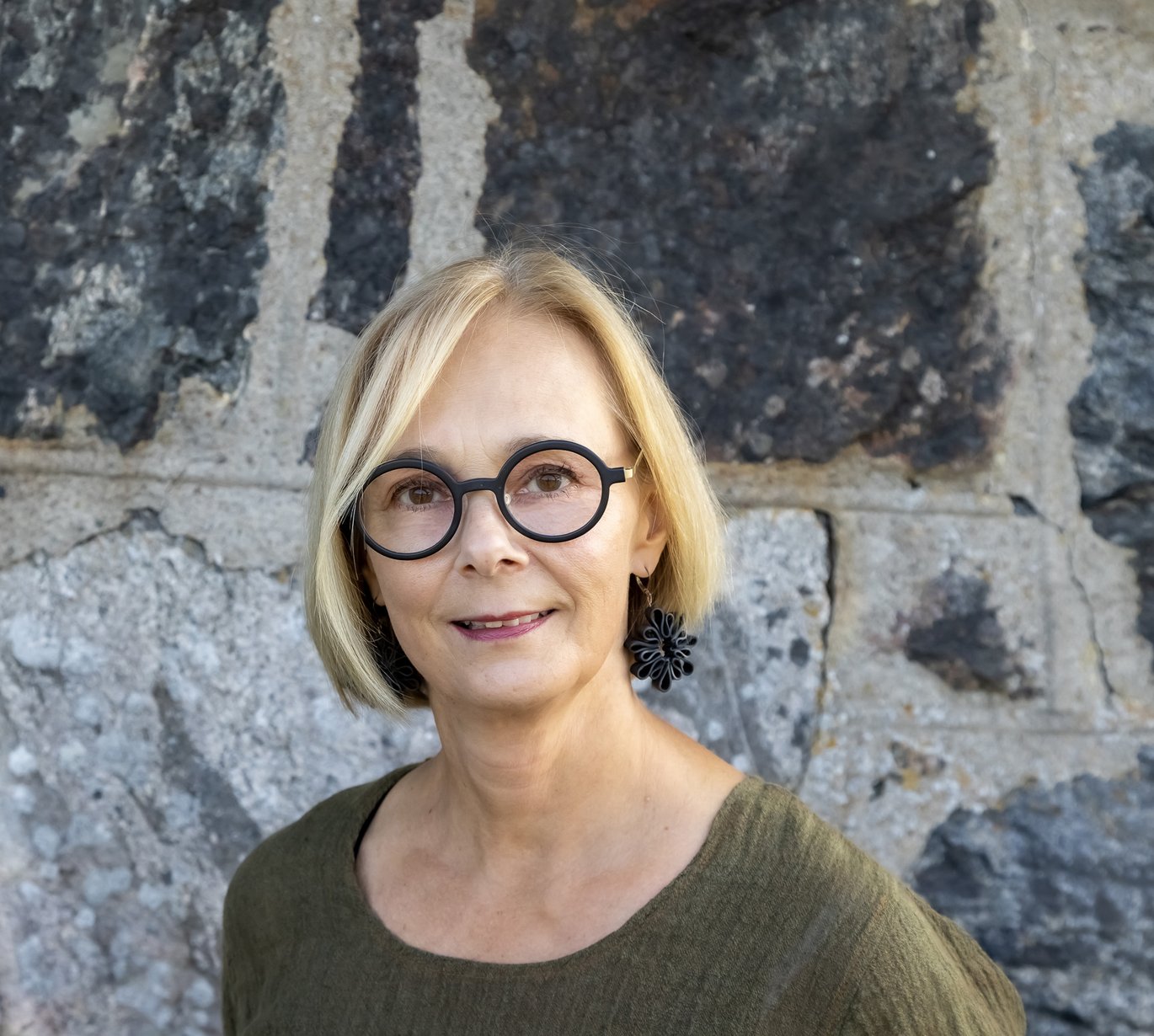Suvielise Nurmi - New Marie Skłodowska-Curie Postdoctoral Fellow at the Department of Theology
Suvielise Nurmi will focus on her Relational Biodiversity Ethics (REBET) project.

Suvielise Nurmi is a newly appointed Marie Skłodowska-Curie Postdoctoral Fellow in Systematic Theology at the School of Culture and Society. Nurmi is an environmental philosopher, ethicist and theologian. She has worked at the University of Helsinki, where she is a researcher in the Faculty of Theology and at the Helsinki Institute of Sustainability Science and has served as a university lecturer in theological and social ethics. She is also affiliated with the Department of Philosophy at the University of Antwerp and has conducted research on environmental politics at Tampere University. Nurmi is the author of Relational Agency and Environmental Ethics. A Journey Beyond Humanism as We Know It (Lexington Books, 2023), as well as four other books and several articles. She was awarded her doctoral degree in Helsinki in 2020, with her dissertation being entitled “Ecologically Relational Moral Agency. Conceptual Shifts in Environmental Ethics and Their Philosophical Implications.” Outside of academia, she has experience as an instructor providing professional further training to church personnel and educators in environmental education, sustainability, participation, and human rights, as well as promoting sustainability transformation within the church and wider society.
In Aarhus, Nurmi will focus on her Relational Biodiversity Ethics (REBET) project, collaborating with Associate Professor Ulrik Nilssen and colleagues from Theology, Environmental humanities and Philosophy. The project aims to develop a novel relational environmental ethics theory to address complex biodiversity issues from an interdisciplinary perspective.
Efforts to address the accelerating decline in biodiversity are often ineffective due to the limitations of modern ethics, when it comes to addressing the relational nature of biodiversity, as well as human agency. This results in weak ethical support for its protection. The project responds to this challenge by developing a relational approach to biodiversity ethics and outlining its normative implications. It also bridges key research gaps concerning whether and how the 'relational shift of thought', increasingly promoted by conservation scholars, can provide effective ethical assistance in mitigating biodiversity loss and enhancing conservation. The project will examine the theoretical and normative implications of a relational perspective, evaluate the possible weaknesses of relational ethics in response to philosophical critiques, integrating insights from responsive and relational ethics.
Nurmi wishes to establish a network of researchers interested in environmental ethics at the department and beyond. She invites interested colleagues to contact her in order to make her two-year stay as productive as possible for the interdisciplinary academic community in Aarhus, and for herself.
For further information about Suvielise see:
https://researchportal.helsinki.fi/en/persons/suvielise-nurmi
